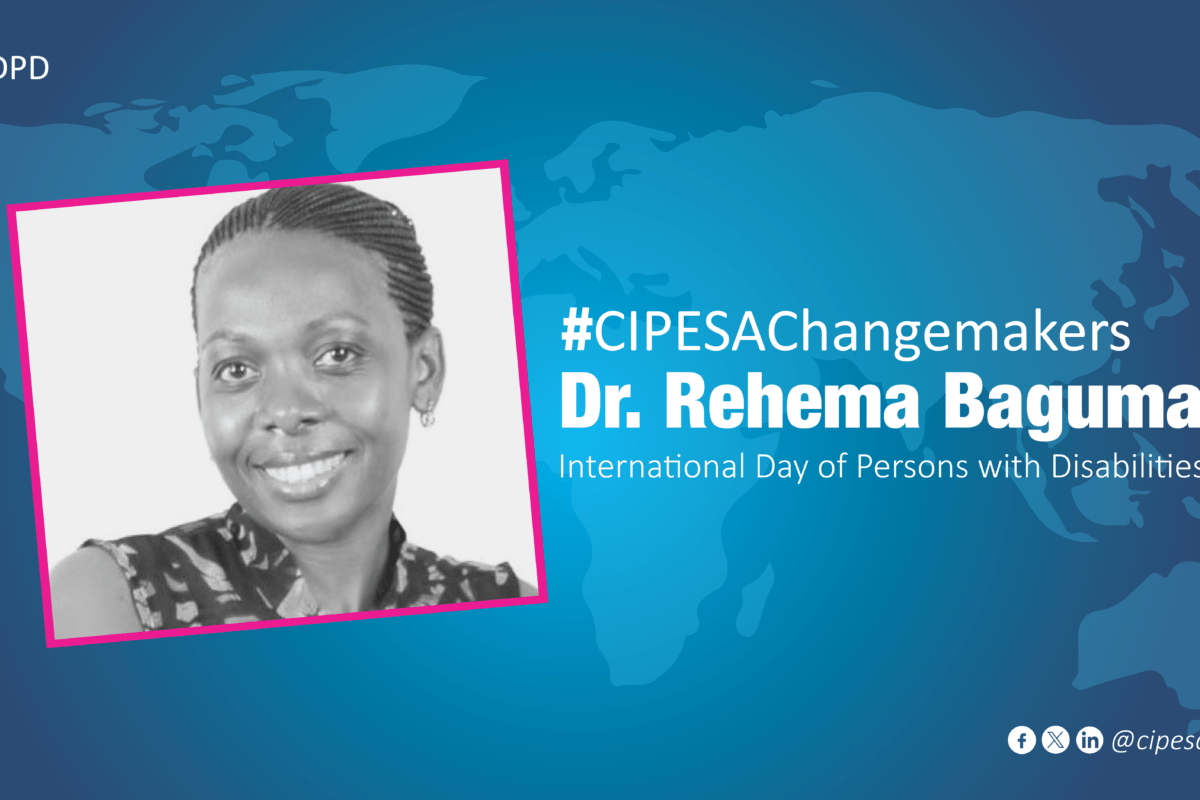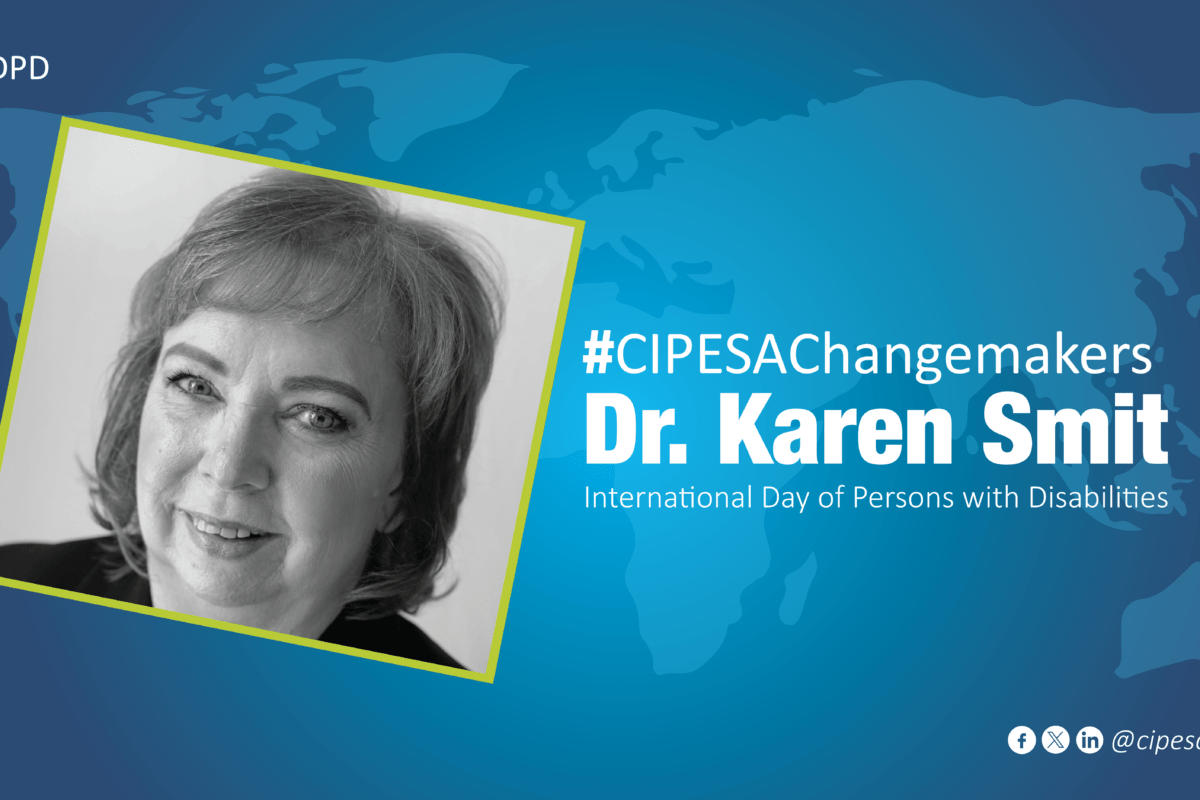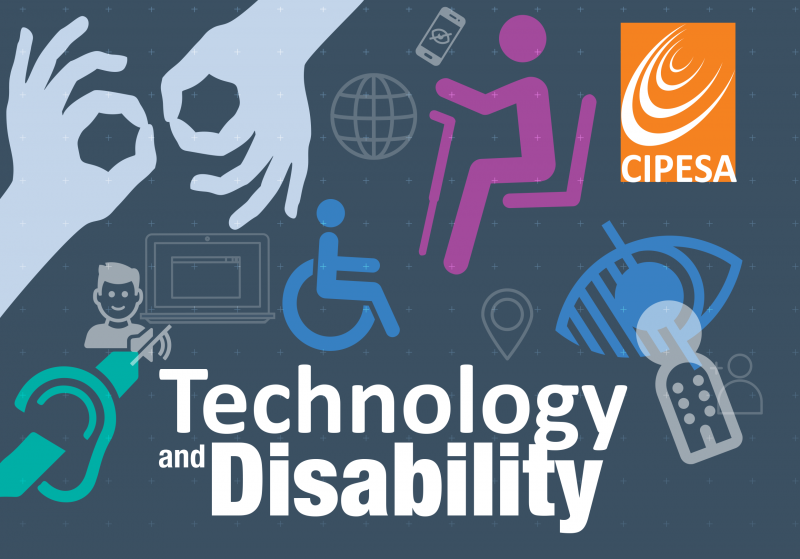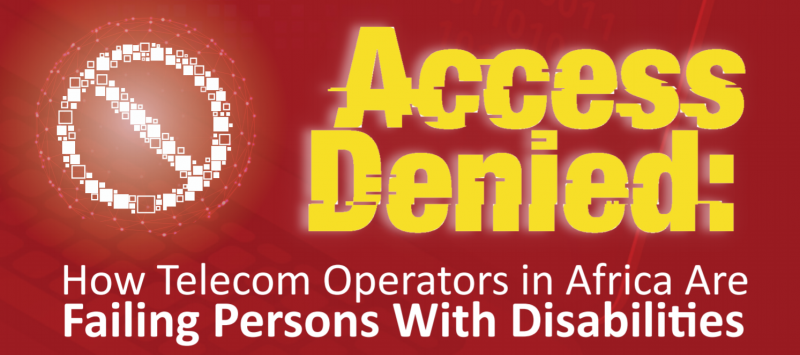Who is Dr. Rehema Baguma?
I am Rehema Baguma, currently working at Makerere University in Uganda, where I serve as an Associate Professor of Information Systems. My research interests include: Digital Inclusion, Data & AI Governance, EduTech & eGovernance. I have extensively researched and consulted in Uganda and neighbouring countries to make ICTs accessible to persons with Disabilities, among other areas. I have had the privilege of engaging in a series of industry initiatives in collaboration with government agencies, CSOs, international actors and DPOs. Notable among these include:
- Development of ICT Accessibility and Disability Indicators-A framework for monitoring Obligatory National Implementation of ICT Accessibility for the Fulfilment of the Human Rights of Persons with Disabilities for the ICT Policy Centre for Eastern and Southern Africa (CIPESA), in 2018.
- Leading a research study on the Audit of Inclusive ICTs for Education in Uganda, which established the extend to which ICTs used in education are accessible to Persons with Disabilities (May to September 2015).
- Training of over 100 Government Web Administrators and Public Relations Officers (PROs) in Uganda in Web Accessibility in 2016.
- Development of an Implementation Strategy of the Digital Talent Policy (DTP) for Persons with Disabilities in Rwanda (June 2017–January 2018).
- Sensitisation and training of Policy Makers from Government Ministries, Departments and Agencies about ICTs used by Persons with Disabilities and Monitoring ICTs and Disability Policy in Uganda, in April 2018.
- Member of the project on promoting the Rights of Persons with Disabilities Access to inclusive education and information in Uganda in partnership with UNESCO, UNICEF & National Union of Disabled Persons in Uganda (NUDIPU) between 2015 to 2017.
- Contributor to the ICT for Inclusive Education policy for Uganda (draft)
- Contributor to the National ICT for Disability policy for Uganda (draft)
My motivation came during my PhD research, which focused on Web accessibility through the Web Content Accessibility Guidelines. I was led to the area by a senior staff member at my School at the time, who told me that ICT accessibility could be a good area to research. My PhD research was on “Making the Web accessible to Persons with Disabilities through the Web Content Accessibility Guidelines” which demonstrated that the guidance given in WCAG (the most comprehensive and widely used set of Web accessibility guidelines developed by W3C) is relevant to the Web accessibility problems faced by people with disabilities; that WCAG has a higher potential to influence the development of accessible Web based systems save for its usability limitations; and proposed a solution to the usability limitations of WCAG grounded in a broader mature field of information retrieval. After completing my PhD, I felt compelled to apply the results of my research in practice, which led to several collaborations and assignments within Uganda and abroad.
There is an increasing awareness and appreciation of the need for and possibilities of digital rights, as well as the inclusion of people with disabilities, through advocacy, training, development, and the implementation of digital rights/inclusive ICT policies. This also includes the development of more inclusive technologies and platforms. For example, in June 2025, the government of Kenya committed to making all its digitised public services accessible to persons with disabilities, in alignment with the Accessibility Standard for Digital Products. Additionally, there is an increasing number of advocacy initiatives focused on digital inclusion for people with disabilities. For instance, the Global Accessibility Awareness Day (GAAD) has evolved into an advocacy platform for inclusive policy audits, innovation labs for assistive technologies, and training programs to build capacity for disability rights advocacy and technology development.
There is an increase in the development of AI-driven Assistive Technologies and Tools for persons with disabilities, including those customised for the African context. For example, Signvrse, a Kenyan startup, is developing AI-powered sign language translation toolsthat convert speech and text into visual representations of sign language. Additionally,there are several advocacy and capacity-building efforts in different parts of Africa, such as accessibility audits, innovation labs, and fellowship programs to support affordable, local assistive technologies, and train Activists to advance digital inclusion for Persons with Disabilities.
The key threats and challenges to the digital rights and inclusion of people with disabilities in Africa are gaps in policy implementation and enforcement, the high cost and inaccessibility of assistive technologies, and general infrastructure gaps. Most African countries have progressive laws and policies regarding disability and ICT access; however, these often remain on paper due to a lack of political will and weak enforcement mechanisms. For instance, a legal requirement for all TV stations to provide sign language interpretation is often ignored. Also, government websites and e-services, which are increasingly vital for accessing public services, are frequently not designed to be accessible to people with disabilities (e.g., lacking alt text for screen readers or video captions). Further, essential assistive devices and software (like screen readers, Braille displays, and speech input software) are often expensive and out of reach for most people with disabilities who are, on average, poorer than their mainstream counterparts.
Additionally, unreliable electricity, poor internet connectivity, and the high cost of mobile data in many rural and remote areas create fundamental barriers to access for disadvantaged groups like People with Disabilities. Additionally, AI systems, including those used in screening for admission to educational institutions and job recruitment, may amplify existing discrimination and perpetuate negative stereotypes if not designed with accessibility and inclusion in mind. Moreso, the continent-wide limited availability of reliable and disaggregated data on the challenges faced by different disability groups continues to negatively impact the design and implementation of targeted interventions and policies.
Building trust, fostering strong partnerships, and promoting regional collaboration in Africa’s disability rights movement requires intentional structures, shared power, and sustained dialogue among governments and various stakeholders. There is a need for a shared rights-based framework grounded in the UN Convention on the Rights of Persons with Disabilities (CRPD) and African human rights instruments. People with disabilities and their representative organisations must be decision-makers, not just consultees, in line with the principle of “Nothing About Us Without Us”. Also, tracking commitments and progress should be spearheaded by independent monitoring mechanisms led by Disabled Persons’ Organisations (DPOs). Furthermore, there is a need to establish permanent regional or sub-regional forums on disability rights and digital inclusion, rather than holding one-off events. These can be organised into thematic working groups (e.g., digital accessibility, education, employment, media, assistive technology, AI, etc.). Examples of good practice include national and regional Internet Governance Forums (IGFs) that feature disability-focused tracks, as well as the AU- or REC-hosted Disability and Digital Inclusion Roundtables, which have rotating leadership. Additionally, there is a need to utilise regional standards to align efforts and reduce fragmentation, thereby facilitating easier collaboration across borders. Furthermore, there is a need to invest in capacity building across all sectors on accessibility, disability budgeting, and inclusive policy design for governments; disability-inclusive and non-stigmatising reporting for journalists; universal design and accessibility testing for the tech development community; and policy, research, and digital skills for DPOs.
There is a need to implement community-led digital literacy, design accessible & affordable technology, create inclusive policies, foster multi-stakeholder partnerships (including NGOs, tech companies, and government), and collect disaggregated data to tailor programs to their specific needs. Additionally, it is important to involve these groups in decision-making to foster trust and develop solutions that address the unique barriers of cost, accessibility, and safety concerns.
There is a need to promote research and innovation in ICT and disability/ICT accessibility for persons with disabilities, which can inform local policy, practice (including the development of interventions), and technology development for persons with disabilities. To date, most efforts have focused on advocacy, policy development, capacity building, and, to some extent, the development of assistive technologies. Grounding these initiatives in research can lead to more effective policies, practices and local assistive technologies.





